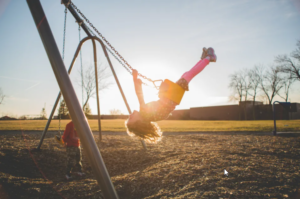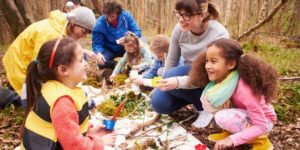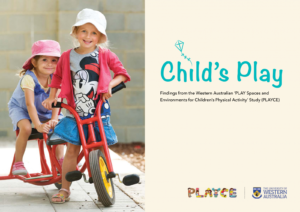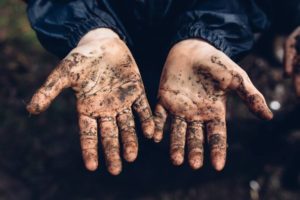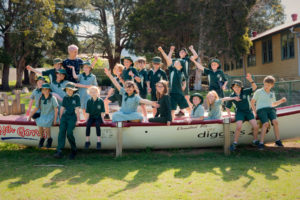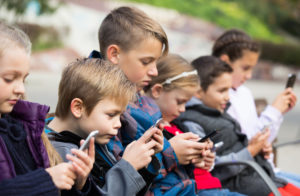Research into the importance of nature play, learning outdoors, risk-taking and children's mental and physical health and wellbeing forms the basis for the work we do.
Here you'll find the latest scientific research that shows the benefits of nature play for our children!
Use the Search function, or click on a keyword in Resource Categories to find research about a particular subject.
The British Children’s Play Survey was conducted in April 2020 with a nationally representative sample of 1919 parents/caregivers with a child aged 5–11 years. Respondents completed a range of measures focused on children’s play, independent mobility and adult tolerance of and attitudes towards risk in play.
Read MoreNature Play WA, in conjunction with researchers from the Telethon Kids Institute, has created a ‘what you need to know’ guide for parents on the impacts of excessive screen time, highlighting new and relevant research in a clear and easy-to-understand manner.
Read MoreFor girls, learning science outside linked to better outcomes. Researchers found that an outdoor science program was linked to higher average science grades and an increase in a measure of science knowledge.
Read MoreInfluence of the day care, home and neighbourhood environment on young children’s physical activity and health: protocol for the PLAYCE observational study.
Read MoreThis report, written to support Australia’s Outdoor Classroom Day, sets out not only a snapshot report on how much more playtime Australian children are getting compared to everyone else, but also an overview of why outdoor learning and play is so very important.
Read MoreThe Playtime Matters report brings together both previous research and new findings that make the case for playtimes being a key part of the school day. It shows that outdoor play at school helps develop healthy, curious and active kids who are better connected to their environment. It brings together evidence that shows that time outdoors is particularly important for children’s mental health – reducing stress, giving a sense of calm and simply making them happier.
Read MoreTo date, studies using cross-sectional methodologies make up a majority of the literature surrounding children with autism spectrum disorders and participation in physical activity and screen time. Longitudinal studies are needed to examine how physical activity and screen time behaviors co-develop for children with and without an autism spectrum disorder.
Read MoreAbstract Exposure to natural environments is associated with a lower risk of common mental health disorders (CMDs), such as depression and anxiety, but we know little about nature-related motivations, practices and experiences of those already experiencing CMDs. We used data from an 18-country survey to explore these issues (n = 18,838), taking self-reported doctor-prescribed medication for depression […]
Read MoreTo explore whether the associations between developmental delays in the first year of life and psychosocial outcomes in preschool children are affected by participation in organised sport.
Read MoreA new study from UBC researchers finds that teens, especially girls, have better mental health when they spend more time taking part in extracurricular activities, like sports and art, and less time in front of screens.
Read More
